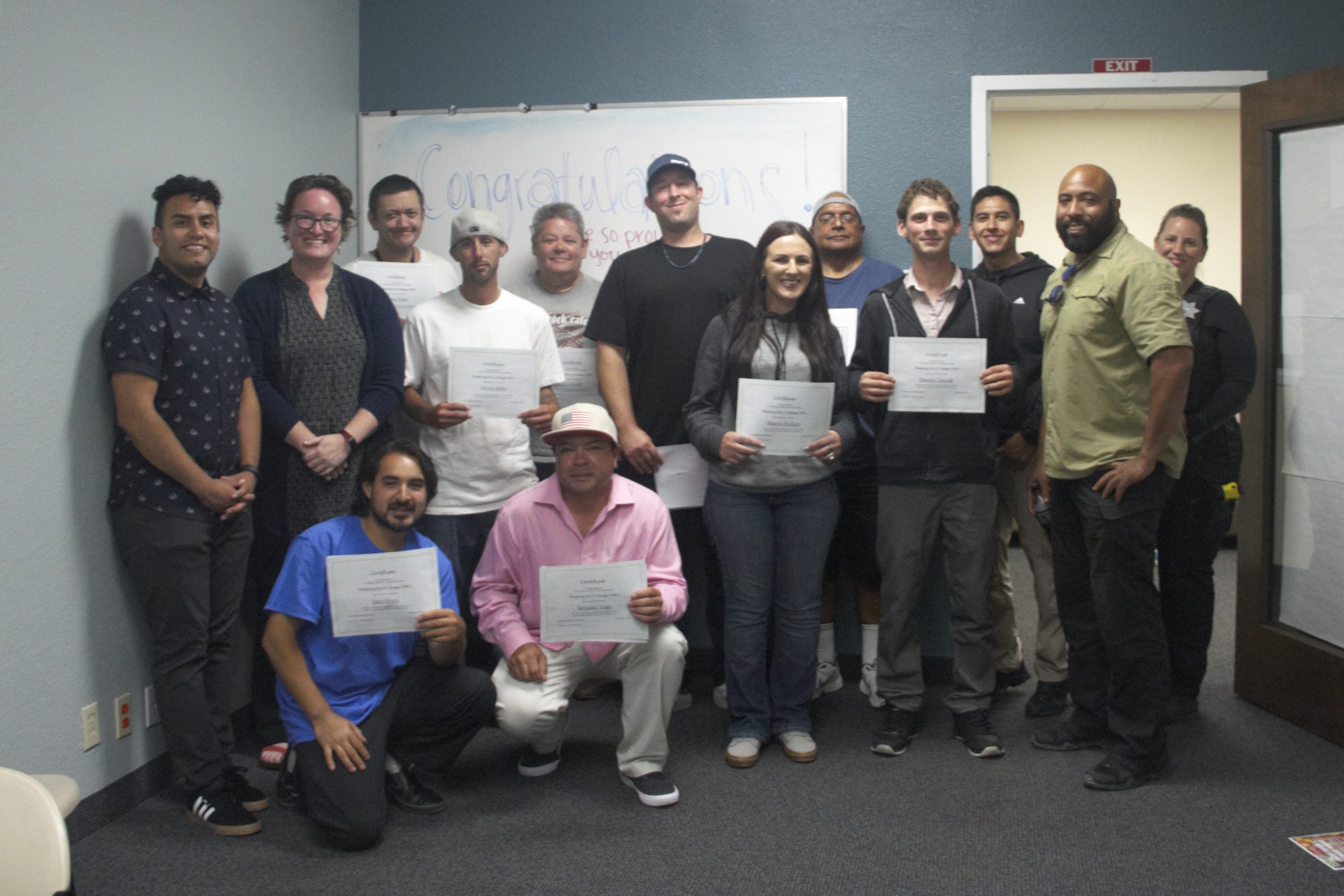Treatment and Education
Our philosophy includes trauma informed care; which addresses the body, mind and spiritual elements of healing, recovery, and reincorporation back into the community. Restorative Partners utilizes restorative justice practices with a community of relationships.
Drug and Alcohol Services
Restorative Partners’ Treatment Program provides a clinically structured and supportive environment for formerly incarcerated adults in need of reentry and recovery services. Restorative Partners’ Outpatient Treatment services are DHCS certified and serve all state funded parolees. Clients participate in weekly group and individual counseling sessions with a certified Drug and Alcohol Counselor. Assessment, Individual program planning treatment, and trauma informed recovery services are provided to persons with substance use disorders. Services are designed to promote healing and to help clients achieve permanent change in their drug using behaviors and to address major lifestyle, attitudinal, and behavioral issues that undermine an individual’s ability to cope with life’s challenges. Assistance is given to realizing short- and long-term goals (e.g. system navigation, acquisition of right to work documents, employment, training, education, family reunification and 12-Step sponsorship. Clients will submit to random drug testing throughout the program.

Certified by the State Department of Health Care Services
www.dhcs.ca.gov
Certification Number - 400012AN
Exp - 04/30/2024

Thinking for a Change
We partner with the SLO County Probation Department to facilitate Thinking for a Change, a 25-session cognitive behavioral change program for adults on Probation. This program meets once a week for 25 weeks. The curriculum is divided into three sections: Social Skills, Cognitive Self-Change, and Problem Solving. Each section focuses on a different set of skills for participants to discuss and practice. During Social Skills, participants work on skills like Active Listening, Responding to Anger, Giving Feedback, and Knowing Your Feelings. During Cognitive Self-Change, participants discuss how thoughts, feelings, and beliefs are connected to actions. Finally, during Problem Solving, participants bring everything together to address problems they are facing. Graduates leave the program with a better understanding of themselves and how their thoughts, feelings, beliefs, and actions are connected.